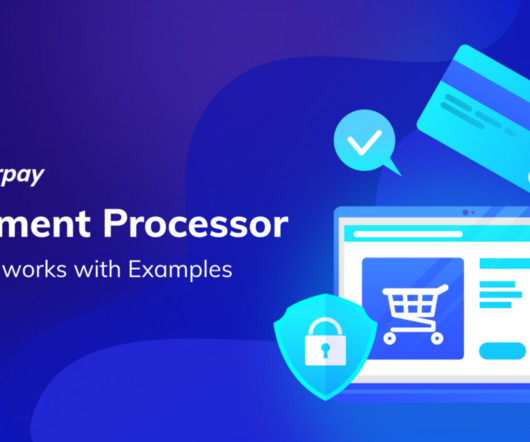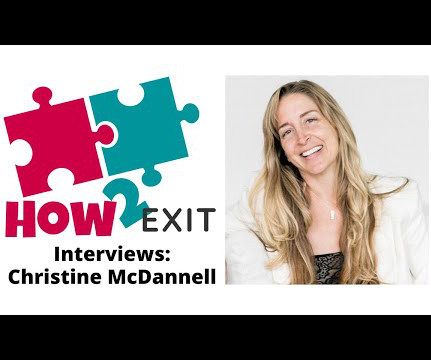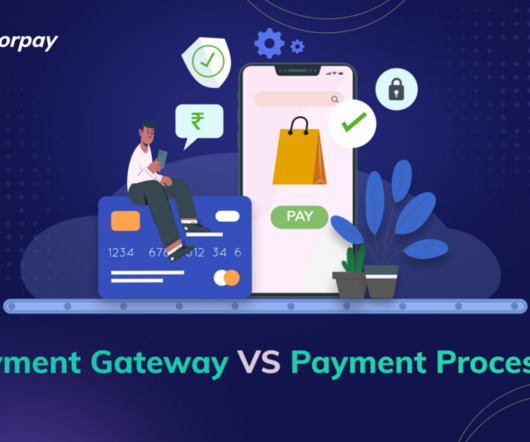11 Things We Learned About Selling a Business By Interviewing Alex Nghiem - Global Exit Expert
How2Exit
MARCH 8, 2023
Ron Concept 1: Cashflow is Key to Success Cashflow is a key factor in achieving success in business. Whether you are buying or selling a business, understanding cashflow is essential for making informed decisions. Cashflow is the movement of money in and out of a business. It is the difference between the money coming in and the money going out.



















Let's personalize your content